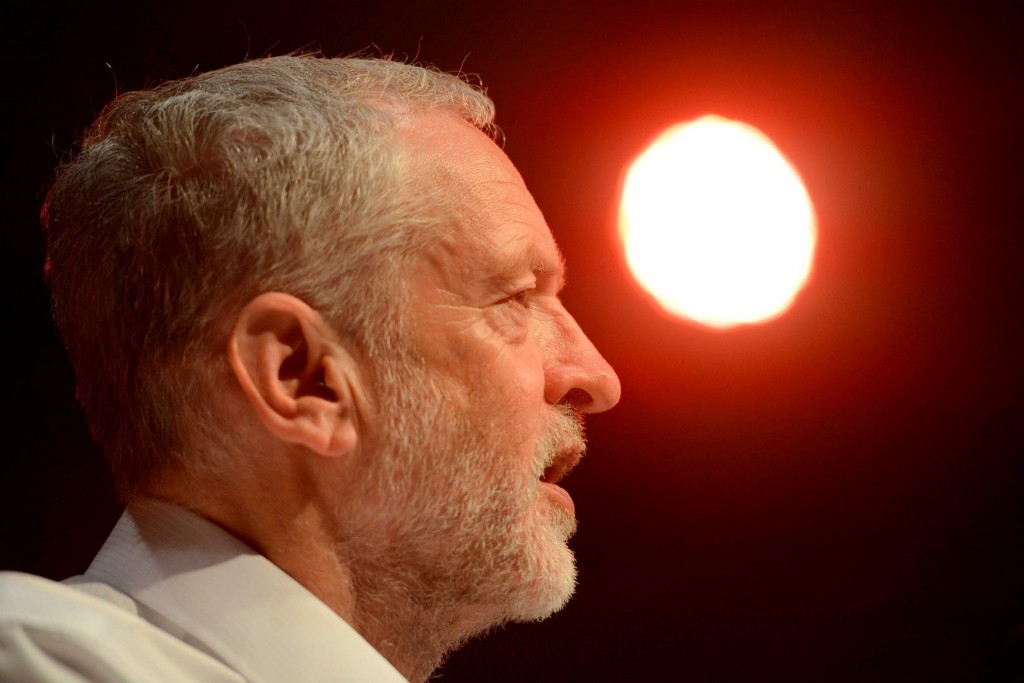
Jeremy Corbyn has announced the Labour party will develop a decommissioning plan for the North Sea.
The newly re-elected leader said it would form part of a wider economic strategy.
He told activists in Liverpool that a “clear, economic alternative” was key to winning back power.
To that end, Mr Corbyn said Labour would be consulting on a date for an economic development conference for Scotland.
It would involve the unions, Scottish party and other relevant stakeholders, he added.
The Islington MP said the economic strategy would be about opposing austerity and ensuring there is industrial and infrastructure development all over Scotland.
It would also deal with “the issues of decommissioning of drilling rigs and what happens to Dundee and Aberdeen post-oil if you like”, he added.
He went on: “So that conference will be organised, hopefully in the latter parts of this year.
“It will be a demonstration of how the Labour party is engaged with everybody seriously about an economic future that does put forward something different to austerity, is about investment, but above all is using the knowledge, imagination and creativity of those that produce the wealth we all rely on to take things forward for us.
“It’s bottom up democracy, but I tell you what – it works, it’s very powerful and very popular.”
Addressing the party’s recent well-documented difficulties in Scotland, Mr Corbyn – who will deliver the Jimmy Reid memorial lecture in Govan next month – acknowledged it had not been an easy time.
But he insisted: “We are here, we are very strong.”
And he pointed to the recent by-election wins in Irvine, Fife and Coatbridge.
He added: “They show that Labour values, Labour campaigning and taking people to the issues of housing, of health, of education, of anti-austerity politics actually works, matters and reaches through to our core working class supporters all over Scotland and shows a way forward for the future.”
Meanwhile, shadow chancellor John McDonnell said yesterday a Labour government would enshrine in law a “real living wage”, expected to be more than £10 an hour.
Mr Corbyn’s right-hand man in the Commons also promised an “interventionist” administration that would use a £250billion national investment bank to support British industry and create a “manufacturing renaissance” following the vote for Brexit.
Recommended for you
